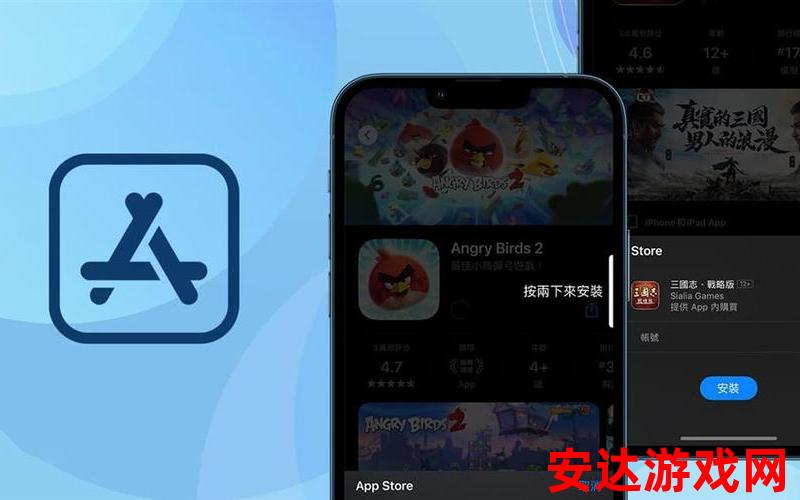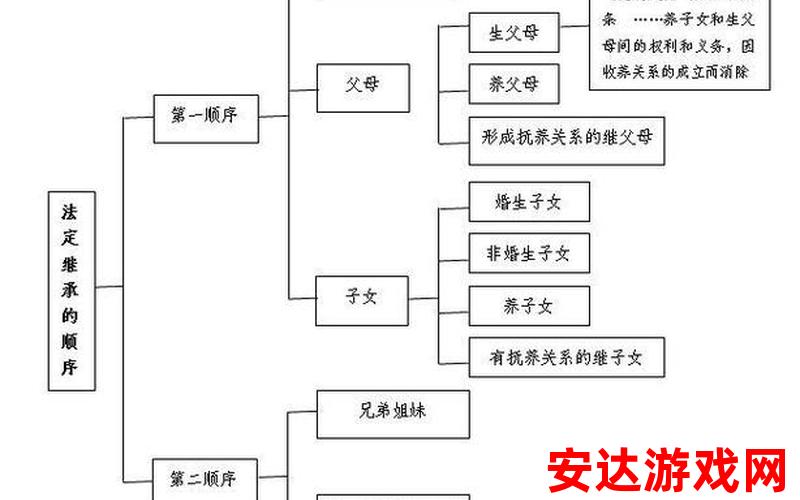下课后,用英语怎么说:下课后,我们用什么语言交流?
攻略 2024-05-22 25 0
1. The Universal Language of English
After class, the language we use to communicate is none other than English. English has become the lingua franca of the world, connecting people from different cultures, backgrounds, and nationalities. It is the language of business, science, technology, and international relations. By using English as a means of communication after class, we are able to bridge the gap between cultures and foster a sense of global understanding and cooperation.
English has a rich vocabulary and a wide range of expressions that allow for effective communication. It is a language that is constantly evolving, incorporating new words and phrases from different languages and cultures. This makes it a dynamic and versatile language, capable of expressing complex ideas and emotions. By using English after class, we are able to expand our vocabulary and improve our language skills, enabling us to communicate more effectively in a globalized world.
2. Breaking Down Language Barriers

One of the main reasons we use English to communicate after class is to break down language barriers. In a classroom setting, students may come from different countries and speak different native languages. By using English as a common language, we are able to overcome these barriers and communicate with each other effectively.
English allows us to express our thoughts, opinions, and ideas in a way that is easily understood by others. It provides a common ground for communication, regardless of our native languages. By using English after class, we are able to foster a sense of inclusivity and create a supportive environment where everyone feels valued and understood.
3. Enhancing Global Communication Skills
Using English as a means of communication after class also helps us enhance our global communication skills. In today's interconnected world, being able to communicate in English is a valuable asset. It opens up opportunities for international travel, study abroad programs, and career advancements.
By using English after class, we are able to practice and improve our language skills in a real-life context. We can engage in conversations, debates, and discussions with our classmates, allowing us to develop our speaking and listening skills. This not only enhances our ability to communicate in English, but also enables us to better understand and appreciate different perspectives and cultures.
4. Access to a Wealth of Resources
Another advantage of using English as a means of communication after class is the access it provides to a wealth of resources. The majority of academic materials, research papers, and online resources are available in English. By using English, we are able to tap into this vast pool of knowledge and information.
English is also the language of the internet, with a significant portion of online content being in English. By using English after class, we are able to navigate the digital world more effectively, access online courses and tutorials, and connect with people from all over the globe. This not only enriches our learning experience, but also broadens our horizons and exposes us to different cultures and perspectives.
In conclusion, after class, we use English as a means of communication to bridge the gap between cultures, break down language barriers, enhance our global communication skills, and access a wealth of resources. English is not only a practical language, but also a tool for personal and professional growth. By embracing English as a universal language, we are able to connect with others on a global scale and contribute to a more inclusive and interconnected world.













































